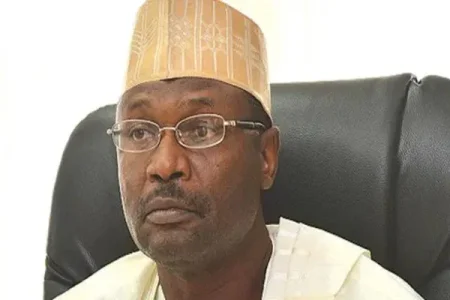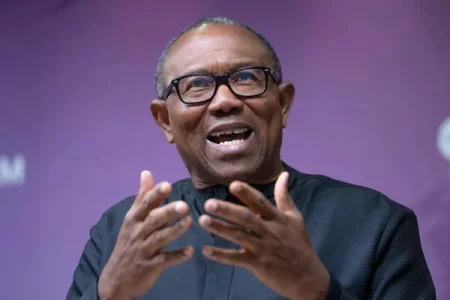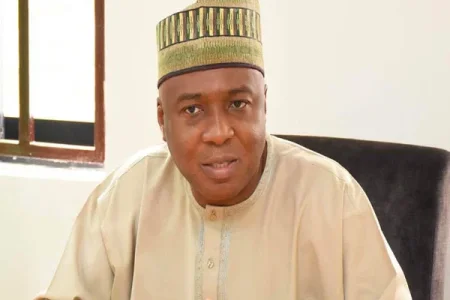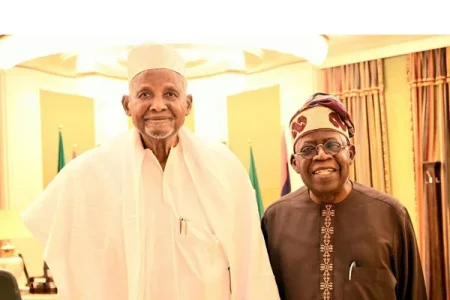
Nigeria's political landscape is heating up ahead of the 2027 general election, with the Independent National Electoral Commission (INEC) announcing it has received a staggering 110 applications for the registration of new political parties. This unprecedented surge is widely seen as a strategic move by political heavyweights using proxies to create new platforms and alliances. These "special-purpose vehicles" are intended to challenge the incumbent APC-led administration and could significantly reshape the political dynamics of the upcoming presidential race.
- INEC has received 110 applications to register new political parties.
- The surge is viewed as a concerted effort by opposition forces to challenge the ruling APC in 2027.
- Political heavyweights are reportedly using proxies and law firms to register these parties as fall-back options or strategic platforms.
- Some of the applications show signs of being hurriedly prepared.
- The outcome of these bids could lead to new alliances and significantly alter the political landscape.
The political stage is set, and a silent play is unfolding in the corridors of power. The surge in party registrations is more than a bureaucratic process; it is a profound symbolic act of political ambition and strategic foresight. Each application represents a new flag on a chessboard of alliances, betrayals, and aspirations. It is a powerful reminder that in the Nigerian political landscape, power is a fluid and ever-shifting prize. This moment empowers us to see beyond the headlines and recognize the deep-seated motivations driving the desire for change. It forces us to ask: When a hundred new flags are raised, do they signify a fractured nation, or a vibrant democracy in a state of constant reinvention?
FAQ
- What is a "proxy" in this context? A proxy is a person or group, often a law firm, used by a political heavyweight to submit a party registration application without revealing the main sponsor.
- Why are politicians registering new parties? They are doing so to create alternative platforms or fall-back options in case of disagreements or implosions within their current parties, and to challenge the incumbent government.
- What is INEC's next step? INEC will now begin the rigorous process of scrutinizing all 110 letters of intent to determine which ones meet the requirements for registration.
Sources: Vanguard




